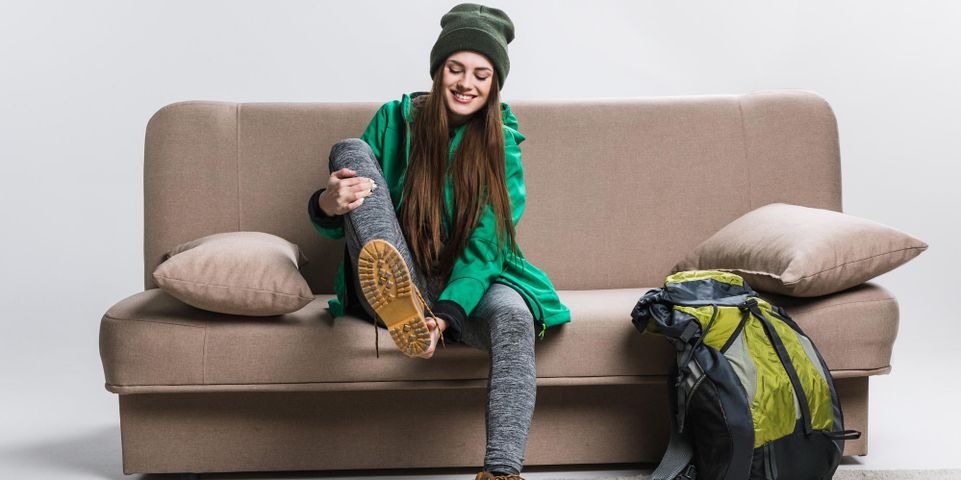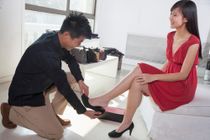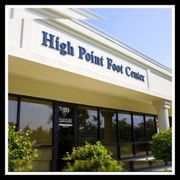
Heel pain. Hammertoes. Blisters. Calluses and bunions. Ill-fitting shoes contribute to these and other foot problems that eventually require podiatrist treatment if left unchecked. Help yourself avoid emergency visits to your foot doctor by learning how to buy the right pair of shoes.
5 Tips for Purchasing Shoes That Actually Fit
1. Shop at the End of the Day
Avoid shopping for shoes in the morning or early afternoon. Shop toward the end of the day when your feet are naturally a little swollen from standing and consistent movement. This prevents purchasing shoes that are too tight and can rub, resulting in calluses or blisters.
2. Have Your Feet Measured
 Get your feet properly measured by a footwear store team member. Stand up during the measuring so your feet spread out. Maintain your posture and get your arch—the length between your heel and the ball of your foot—measured as well. Correctly fitting shoes allow your foot to bend naturally with your big toe to prevent arch-related strain.
Get your feet properly measured by a footwear store team member. Stand up during the measuring so your feet spread out. Maintain your posture and get your arch—the length between your heel and the ball of your foot—measured as well. Correctly fitting shoes allow your foot to bend naturally with your big toe to prevent arch-related strain.
3. Bring Socks
Try on shoes with the socks you normally wear so you know how the footwear will feel on a daily basis. Do not wear hosiery or overly thick socks because you could easily end up with the wrong shoes. If you’re purchasing specialty shoes such as hiking boots, bring socks you wear for outdoor activities, such as thick or moisture-wicking options.
4. Select Shoes With Sufficient Room in the Front & Back
Ensure your shoes feel good but provide enough room to prevent rubbing and cramping issues. Leave half an inch in the front of the shoe, or the toe box, to avoid hammertoes and other issues. You should also allow an eighth of an inch in the back to prevent heel pain from blisters. If your second toe is longer than your big toe, keep this in mind as you try on different shoes.
5. Walk Around
Don’t just stand up in your new shoes. Walk around to get a solid idea of how they feel against your feet. The right shoes should not feel uncomfortable in any way or change how you walk. If they’re too tight, adjust the laces if applicable or move on to the next size. Do not purchase too-tight shoes because “they will stretch.” While this may be true of leather and other footwear materials, it still means you’ll be wearing the wrong shoes for a lengthy period.
If you have hammertoes, calluses, heel pain, or any other foot issue requiring a podiatrist, rely on High Point Foot Center. Based in the Piedmont Triad, NC, the foot specialists at this local center offer over 17 years of experience and provide the personalized attention patients need to never miss a step. Call (336) 882-2070 today to schedule an appointment or visit the website to learn more about hammertoes and other available services. Get more foot care tips on Facebook.
About the Business
Have a question? Ask the experts!
Send your question

